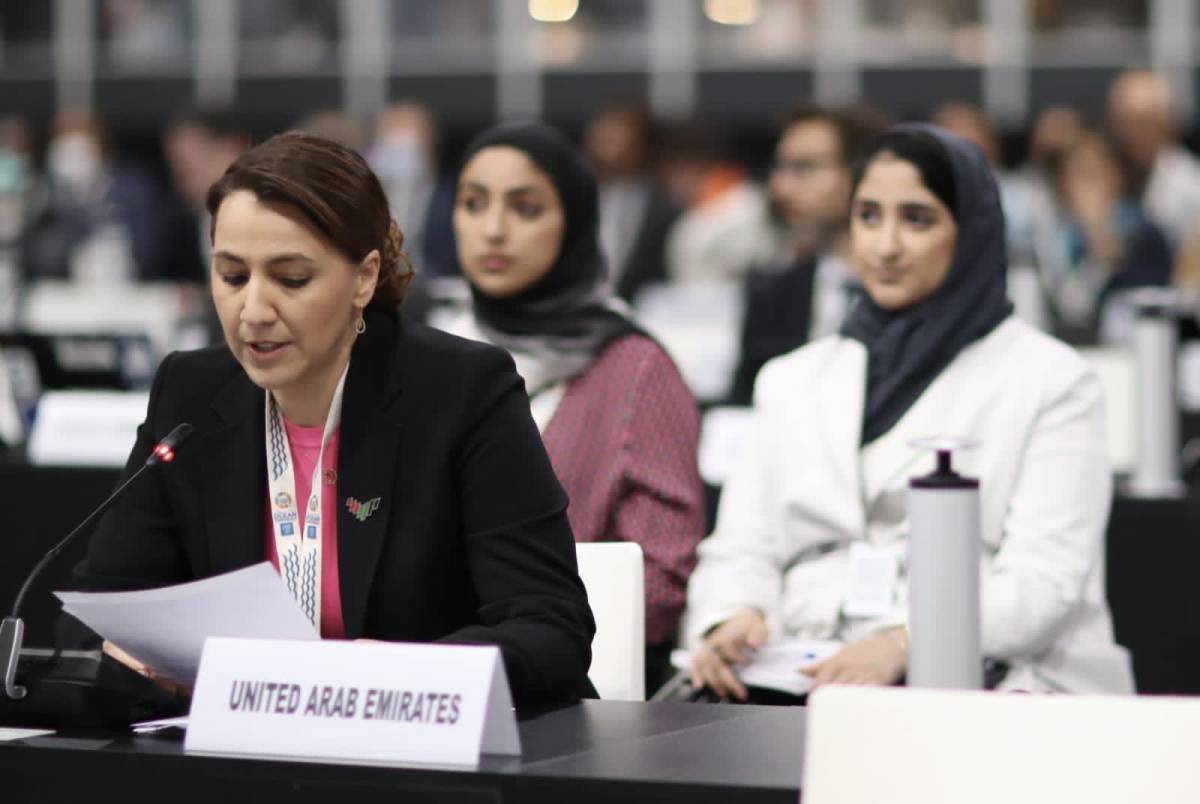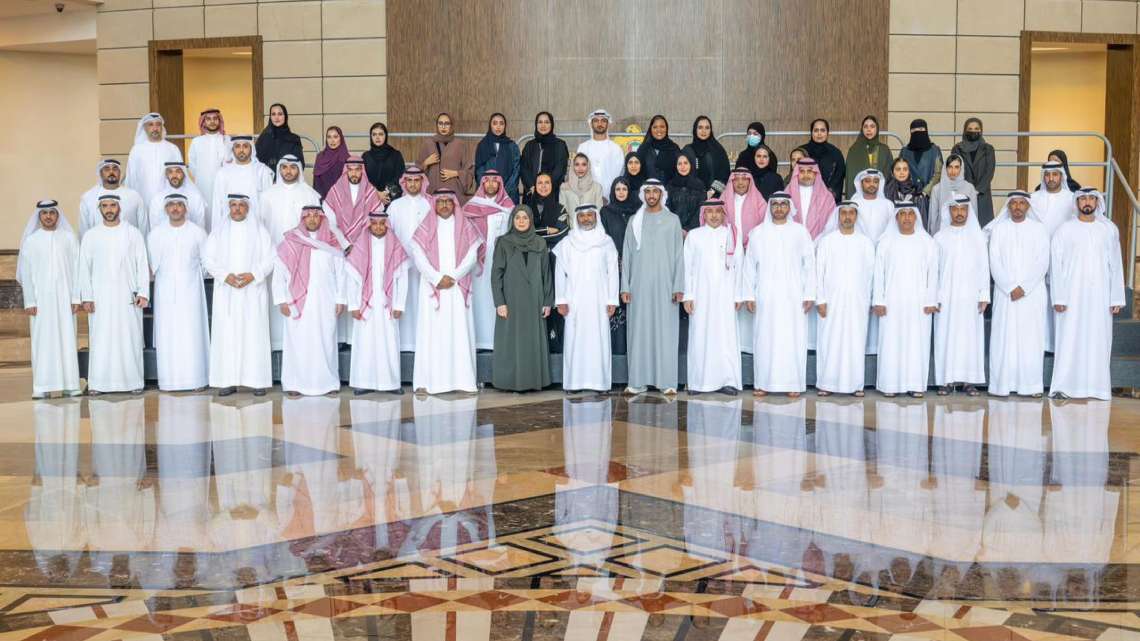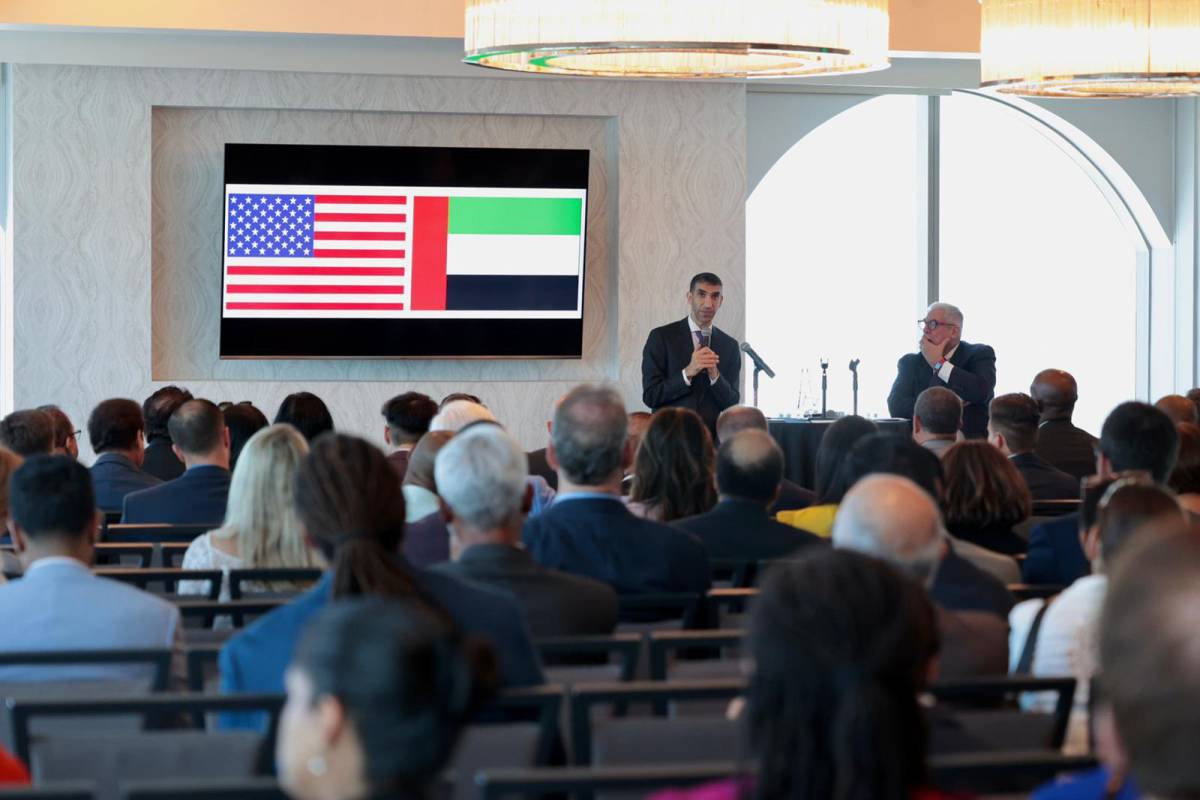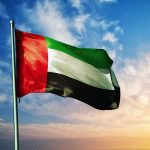Mariam bint Mohammed Almheiri, Minister of Climate Change and the Environment, participated in the UN Ocean Conference (UNOC), co-hosted by the governments of Portugal and Kenya in the Portuguese capital Lisbon…reports Asian Lite News
Running from 27th June to 1st July, UNOC seeks to drive the development of much-needed science-based innovative solutions aimed at starting a new chapter of global ocean action to support the implementation of UN Sustainable Development Goal (SDG) 14: Life Below Water. The conference is running under the theme ‘Scaling up ocean action based on science and innovation for the implementation of Goal 14: Stocktaking, partnerships and solutions’.
Mariam Almheiri said, “It was a pleasure to attend UNOC that comes at a crucial time for ocean conservation. At the 28th UN Climate Change Conference (COP28) in the UAE next year, we aim to continue the dialogue on accelerating the deployment of ocean-based climate solutions. We are keen to exchange knowledge and experience with other countries, and explore opportunities for effective partnerships in this space. Because if we want to have a fighting chance of keeping global warming within 1.5˚C, we need to make the most of every solution available to us, and we need to do it together.”
During the interactive dialogue titled ‘Addressing Marine Pollution’, the Minister explored ways to tackle marine pollution from land- and sea-based sources that has a serious negative impact on the world’s oceans.
Almheiri also attended the high-level meeting on ocean and climate that took place under the theme ‘From Lisbon to Sharm el-Sheikh: accelerating ocean-based climate solutions’. The event’s outcomes will inform policy and investment decisions to be made in the run-up to COP27 and beyond.
In her opening remarks at the meeting, Minister Almheiri highlighted the importance of leveraging nature-based solutions, especially blue carbon ecosystems, to mitigate and adapt to the impacts of climate change.
The UAE works to protect its marine and coastal environment and preserve its vital ecosystem services in line with its commitment to implementing SDG 14. These include expanding the network of marine protected areas, implementing fishing regulations, developing the aquaculture industry, combatting marine pollution, and rehabilitating degraded marine ecosystems.
ALSO READ:UAE Ministry of Interior sign MOU with Burjeel Holdings
The UAE has achieved the two targets of SDG 14 that had a deadline in 2020. Having designated 16 marine protected areas that account for 12.01 percent of its marine and coastal territory, the country reached Target 14.5 that entails conserving at least 10 percent of coastal and marine areas. In addition, the nation maintains global leadership in the Marine Protected Areas category of the Environmental Performance Index (EPI).
Through integrated management of its marine protected areas, whose effectiveness is being regularly evaluated, the UAE has also achieved Target 14.2 that requires countries to implement measures to sustainably manage and protect marine and coastal ecosystems, and take action for their restoration.
The world’s oceans face a wide variety of threats – such as acidification, marine litter and pollution, illegal, unreported, and unregulated (IUU) fishing, and the loss of habitats and biodiversity – that require targeted efforts to address. UNOC’s sessions put each of these threats in the spotlight to spur a productive exchange of ideas aimed at preserving healthy oceans for future generations.













